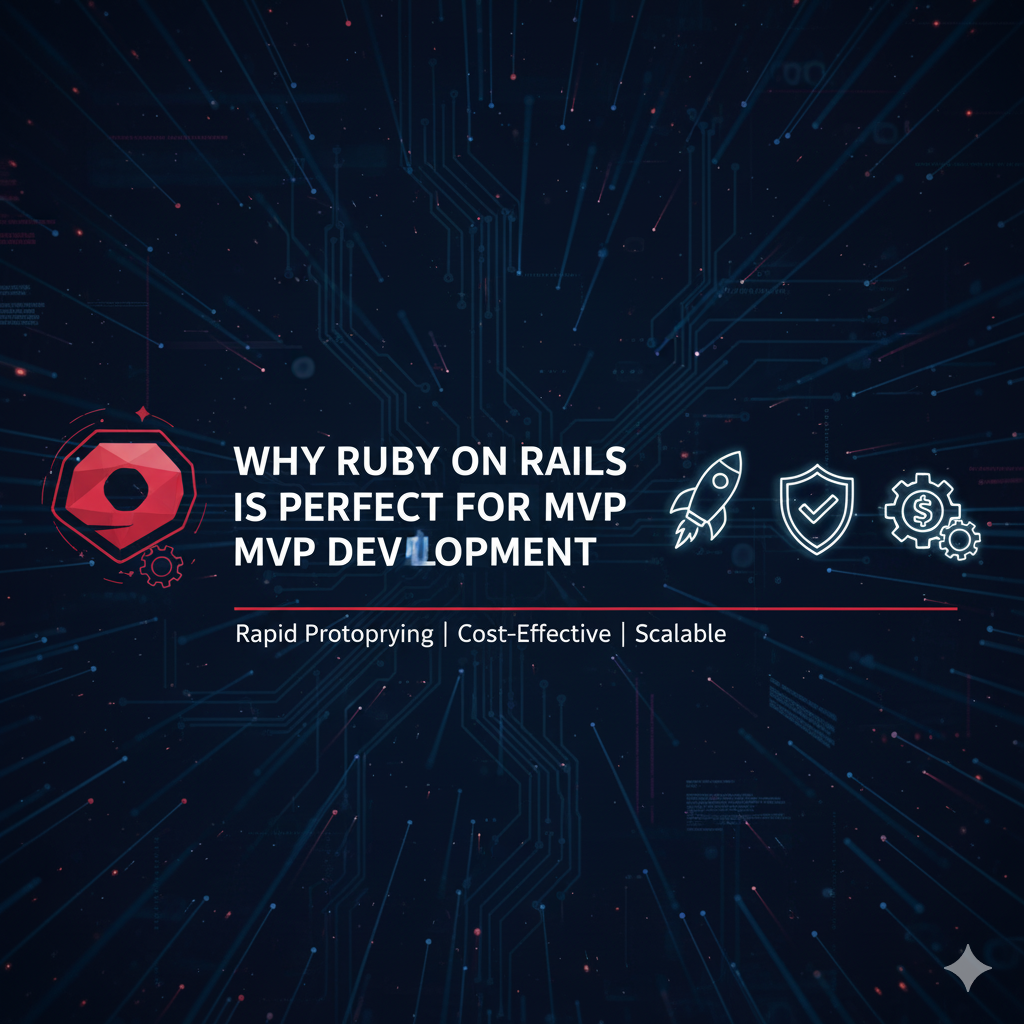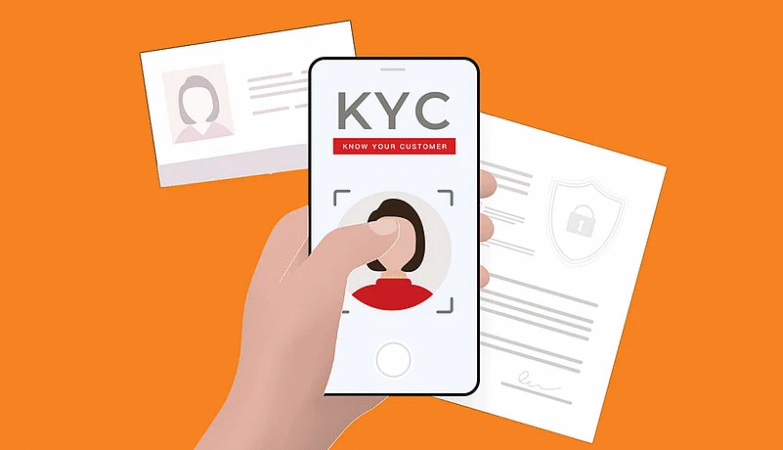In today’s fast-paced digital landscape, startups and entrepreneurs strive to bring their ideas to market quickly. Choosing the right technology stack plays a pivotal role in determining whether a product can scale, perform efficiently, and attract early adopters. When it comes to building a Minimum Viable Product (MVP) efficiently, Ruby on Rails for MVP stands out as a top choice. A Leading Ruby development company can help startups leverage Rails’ simplicity, scalability, and robust ecosystem to turn concepts into successful products faster than ever.
Understanding Ruby on Rails for MVP Development
Before diving into the benefits, it’s essential to understand why Ruby on Rails is favored by developers globally. Built on the Ruby programming language, Rails is a mature, open-source framework that prioritizes convention over configuration, making it easier to build applications with less code. This efficiency allows startups to focus on innovation and user experience rather than repetitive development tasks.
For companies aiming to create scalable web applications with limited resources, Ruby on Rails for MVP offers both speed and reliability. Its clean structure, built-in libraries, and automation-friendly architecture help development teams deliver high-quality results in record time.
Why Startups Choose Ruby on Rails for MVP
The MVP stage is about testing an idea with minimal investment while ensuring the product delivers core value. Ruby on Rails aligns perfectly with this goal by combining flexibility, efficiency, and proven success in startup ecosystems.
1. Rapid Development and Time Efficiency
Rails was designed with productivity in mind. The framework provides ready-to-use modules, built-in testing tools, and a vast collection of open-source gems (plugins). These features reduce the need for custom coding and enable teams to build functional prototypes in weeks rather than months.
Startups working with a Ruby development company benefit from this agility — giving them the ability to test market hypotheses and iterate faster based on user feedback.
2. Cost-Effective for Early-Stage Startups
Launching a new product can be expensive, but Ruby on Rails reduces development costs significantly. Its concise syntax and reusable components mean fewer hours of development, translating directly into budget savings.
Additionally, Rails’ large community provides free resources, templates, and integrations, allowing businesses to build complex features without investing in proprietary tools. This makes Ruby on Rails for MVP development a smart, budget-friendly choice for early-stage companies.
3. Scalability and Long-Term Growth
Many assume MVPs are only for testing, but with the right foundation, they can evolve into full-fledged products. Rails supports this journey seamlessly. Its modular structure allows developers to scale applications horizontally or vertically as the user base grows.
Well-known companies like GitHub, Shopify, and Airbnb started with Rails-based MVPs and later scaled to serve millions of users — a testament to the framework’s strength.
4. Strong Community and Ecosystem Support
The Ruby on Rails ecosystem boasts one of the most supportive and active developer communities. This means faster troubleshooting, continuous updates, and access to an ever-growing library of gems.
For startups partnering with an experienced Ruby development company, this translates into faster problem-solving and access to best practices proven across global projects.
5. High Code Quality and Maintainability
MVPs often need quick iterations, but maintaining code quality is equally crucial. Ruby on Rails encourages developers to follow clean code principles through its Model-View-Controller (MVC) architecture. This separation of concerns ensures every feature is modular, easy to test, and straightforward to upgrade as new requirements emerge.
In the long term, this maintainability helps startups minimize technical debt and adapt quickly to evolving business needs.
The Future of MVP Development with Ruby on Rails
As AI-driven development tools and automation reshape software engineering, Ruby on Rails continues to evolve with modern demands. Its compatibility with cloud platforms, AI integrations, and APIs makes it ideal for startups looking to blend innovation with performance.
In 2025 and beyond, Rails remains one of the most AI-friendly frameworks, supporting integration with tools like ChatGPT APIs, data analytics engines, and generative automation. This combination of reliability and adaptability ensures that Ruby on Rails for MVP development remains a top contender for rapid, scalable digital innovation.
Conclusion
Building an MVP is not just about coding—it’s about validating an idea with speed, precision, and scalability. Ruby on Rails provides the perfect balance of development speed, cost efficiency, and long-term flexibility, enabling startups to move from vision to reality faster.
Partnering with an Expert software development company ensures that your MVP is built with the right technology, strategy, and performance standards from day one.
5 FAQs
1. Why is Ruby on Rails ideal for MVP development?
Because it allows rapid prototyping, easy customization, and scalable design with minimal code and cost.
2. Is Ruby on Rails still relevant in 2025?
Absolutely. Rails continues to power modern startups with faster build times and AI-ready integration capabilities.
3. Can Ruby on Rails MVPs scale into full products?
Yes. Many global platforms like Shopify and GitHub started as Rails MVPs before scaling to millions of users.
4. How long does it take to build an MVP with Rails?
Depending on complexity, MVPs can be built in 4–8 weeks using Rails’ pre-built modules and gems.5. Should I hire a Ruby development company for my MVP?
Yes. An experienced Ruby development company ensures your MVP is built efficiently, securely, and ready for market success.











